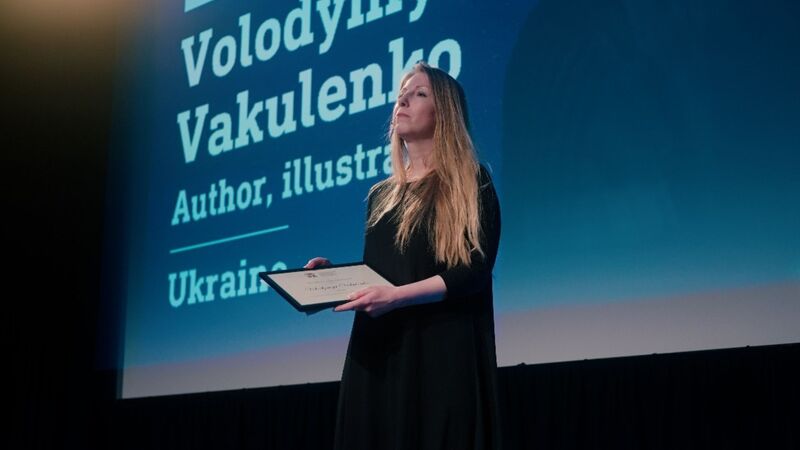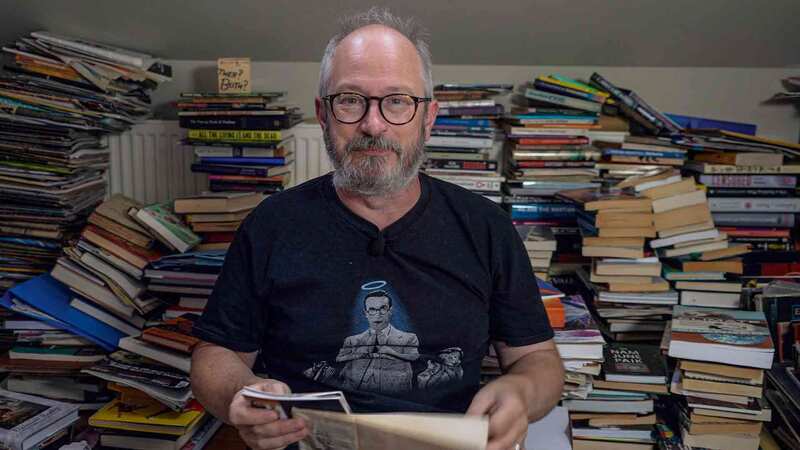You are viewing your 1 free article this month. Login to read more articles.
Publishing's hiring problem: the marketer's view
The entertainment industries are making big bucks off books – and that needs to trickle down to the talent.
I resigned from my job at a big five publisher in January 2020 after 12 years of working in marketing roles in-house. The workload, the pressure, the never-ending emails, the unexpected surprises: we won an award! We secured Book of the Month! Instagram Reels is a thing now! All huge opportunities, all hugely time-consuming. The overwhelming weight of responsibility to get it right for every book led to what I now recognise as total burnout. I couldn’t keep going so I walked away.
Three years later, I’ve forged a space as a freelance marketing consultant with a strong roster and a (better) work-life balance. I get to collaborate with many talented and ambitious publishing clients. In those three years, teams have survived pandemic madness, a total 180 on how we work, and how we sell books. More books than ever before. Things don’t seem to be getting better for marketing teams. Or anybody else, for that matter. I find myself asking… why?
Relying on passions
Publishing is an industry that has, since I can remember, relied heavily on staff’s passions to deliver – everybody has a creative flair and an almost bone-deep love of books. It also relies heavily on staff’s personal investment in their authors, their colleagues in-house on the front line with them – everybody wants the same result. Happy authors. Happy agents. Happy readers. Nice high sales numbers.
For marketers, the challenge never lies in a lack of passion, or a want to deliver campaigns that reach readers, entice retailer support and sell books. I’ve never met a marketer (or a publicist) who didn’t wish for more budget, more hands, more hours in the day to shout about the books they work on. We all care deeply about the success of our books, our authors and illustrators.
So, I have to ask: why are marketers so overstretched? Why do stakeholders feel we are not visible enough? Where does the challenge lie?
It lies in the resource. This is a conversation that continues to develop industry-wide. The resource challenges run deeper than just the number of people on the ground. They exist in the need to recruit responsibly and diversely, to bring in staff who understand the consumers of today, the vastly underrepresented audiences who deserve more books. There is the need to train responsibly, with no time to do it – the phrase "hit the ground running" is as much a part of publishing-speak as "ISBN" and "Biblio". And recently, a new challenge: the need to support the new generation of young publishing staff who are not prepared to work until 9pm for the lowest level salaries you’ll see in any creative industry (good for them).
It lies in the budget. Marketing budgets rarely changed year-on-year when I worked in-house – the number of books did, the sales targets did, the competitive ambition did. From a marketing perspective, money matters. There is only so far you can stretch a dime. Like it or not, 95% of marketers do not have the say on what they get to spend… but they do have to answer all the questions they receive about it. There are ways to deliver high-reaching marketing campaigns within limited budgets, but they might not look familiar, or exciting, or be award-winning. They also take longer to conceive and longer to negotiate the pennies with agencies. But they work, and we work hard with what we are given… trust us.
It lies in the vast growth of the digital landscape. Gone are the days of putting up National Rail advertising, organising a flash mob and calling it a day. We live in a digital world. Let me tell you what that means: constant redevelopment of campaign strategies; hours studying and understanding growing outlets from Pinterest to podcasts; interpreting and dominating the latest trending platforms (hello, TikTok, how we all love you). No longer are we just marketers, we are digital experts, our fingers hovering on the ever-changing pulse. We’re translators, for the wider team who don’t know their Reels from their Be:Real. And now, as of 2023... we’re even video creators.
There’re new challenges in digital messaging, crisis management and author care. More platforms = more voices = more controversy = more time required. How do we ensure our books and authors don’t fall into social media crisis… and if they do, what do we do? Oh, and how quickly do we think we can we do it?
The publishing world creates stories that generate huge profits for booming creative industries. When are we going to start putting our money into the source products?
Finally, it lies in the increasing number of books that are published, and the growing competitiveness in our industry. Everybody wants to have a better bestseller than last week’s bestseller. Everybody wants to have a bestseller that beats their own personal best. Everybody wants to win every award and reach every reader.
Bu what is the cost of this? It’s not coming from the bottom line. It’s coming at the cost of staff wellbeing.
Publishing is a unique industry in that almost everything we do affects another person in the chain. Almost every element of the process is intertwined, so we are all in it together. If your marketer hasn’t sent you a plan, or sat down with your author, it’s always because we are heads down, working against the clock to make sure that every campaign is delivered in time for its publication day, in time to help make authors the bestsellers they dream of being. I hope that I can convey this with authenticity – we want to spend time with authors and do everything we can for them. Sometimes that means the time we spend is in the delivery, not the accountability.
Marketing and publicity teams have been fighting for more hands on deck for as long as I have worked in the industry
I am certain I speak for all my fellow marketers when I say I wish that we all had time to do both, and more.
Publishing needs to find an answer to the increasingly desperate need for more staff (and more money) to support the pressures that come with publishing more books, into a culture landscape that is growing constantly with other offerings – films, games, social media, bingeable series on streaming services. At the same time, books are so often the inspiration and the source of these mediums. The publishing world creates stories that generate huge profits for booming creative industries. When are we going to start putting our money into the source products?
Variety of voices
Every voice deserves to be heard. We need to continue to strive for more variety and representation in the books we publish and promote. Publishing wouldn’t be as profitable without our celebrity and influencer authors, and we wouldn’t create as many new young readers without their gateway offerings, either. We need our staple bestsellers, our inspiring and talented award-winning debuts, our genre heroes and of course, the incredible raft of talented children’s authors and illustrators who deserve more recognition and review space and budget than they currently get. Let’s face it: there are more books out there because we all understand that more diversity in what publishing offers is required.
If we shouldn’t compromise on what we publish, and there appear to be more books out there making more money, how can it be possible that the bottom line isn’t bringing in more money to spend on staff where they are most needed?
Marketing and publicity teams have been fighting for more hands on deck for as long as I have worked in the industry. The pressures teams endure are higher, and the budgets are lower. The publishing calendar is packed, but staff retention is worse than ever. We all (freelancers and inhouse staff alike) deserve to be paid appropriately for the work we do and the results we deliver that help create bestsellers.
My advice? Hire the extra staff. Pay them what they deserve – including the hours of overtime, the weekends at festivals and events, the evenings on WhatsApp answering author questions directly. Pay them for their unique expertise that nobody else has as the landscape expands. Help the new publishing fly by hiring the new talent that we need. Take the risk. Let’s have a year where we appropriately reward the work that is being done, and see how the bottom line looks then.
There is a tension in the air in publishing, and it feels like many more people are on the edge of that burnout that I experienced in my last months in-house. If we nurture our teams properly, surely the success will follow? Isn’t it at least worth giving it a try?

















